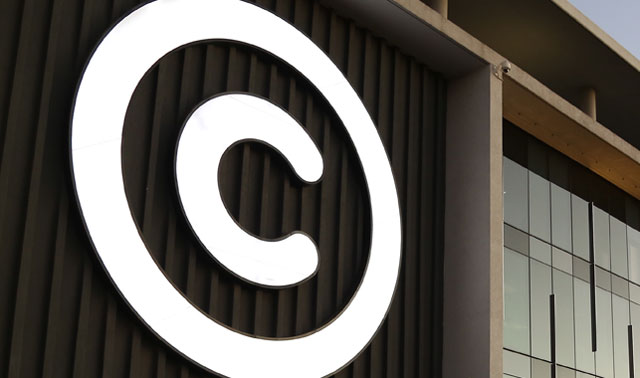 Cell C’s future will be decided by this time next week. That’s when the mobile operator must complete a planned restructuring in terms of which Blue Label Telecoms will take a 45% stake in the debt-laded mobile operator.
Cell C’s future will be decided by this time next week. That’s when the mobile operator must complete a planned restructuring in terms of which Blue Label Telecoms will take a 45% stake in the debt-laded mobile operator.
But there’s now a spanner in the works. The companies that Cell C owes money to, including big banks, have, it seems, begun shopping around for a better deal. And they’re powerful stakeholders — Cell C has somewhere north of R20bn in debt, and the lenders, one assumes, have significant sway in restructuring talks.
Bloomberg reported on Tuesday evening that Telkom is considering a bid of as much as R13bn for Cell C after it missed debt repayments earlier this year. According to the report, investment banks are approaching other potential bidders, including Telkom, which walked away from an attempt to buy Cell C in 2015 after the parties couldn’t agree on price. Telkom conducted a due diligence investigation on Cell C at the time.
The latest development is potentially a big problem for Cell C’s management team, which is backing the Blue Label deal and which, I understand, doesn’t want Telkom involved, and for Blue Label, which, according to multiple well-placed sources, has been served with a termination notice from Vodacom over its lucrative contract to distribute airtime on behalf of South Africa’s largest mobile operator. Without Cell C, therefore, Blue Label could be left in a bit of a bind.
“The Cell C recapitalisation remains on track and is supported by the equity investors as well as the existing lenders to the business,” Cell C said in an e-mailed statement. “All lenders have expressed their support for this process, which remains ongoing. Once complete, it will lay the foundation for an exciting future.”
But some of those lenders are now clearly looking around for a better deal. Industry sources have named Nedbank, the Development Bank of Southern Africa and the Industrial and Commercial Bank of China as among those that are testing the market for alternatives.
But beyond Telkom (which has appeared to be a reluctant suitor), it’s hard to imagine who else they might interest in a deal.
Vodacom and MTN would be precluded by regulators from buying Cell C, and no one else in the local industry is big enough to consummate a deal of this size.
There are no obvious international players, either.
France’s Orange, which might once have been interested, has abandoned its consumer-focused businesses in South Africa. And Indian telecommunications group Bharti Airtel, which is offloading some of its African assets, looks like an unlikely buyer.

As Bloomberg pointed out, there’s no certainty that Telkom will make an offer. Even if it does, it would have to be structured in a way that makes more sense for Cell C’s lenders than the deal currently being negotiated.
At face value, a deal (at the right price) makes strategic sense for Telkom. It would take it from a sub-scale player in the mobile market to a significant competitor potentially able to challenge MTN for second place (at least in Sim market share). It could even be good for consumers, with a stronger third player able to take the fight to Vodacom and MTN. But Cell C’s leadership team doesn’t appear to be enamoured of the idea of a deal with Telkom. That could make things more difficult.
It seems more likely right now — without, of course, the benefit of insight into the restructuring negotiations — that a deal with Blue Label is still the more plausible scenario. Restructuring talks do seem to be taking a long time, though. The parties have just a week to get everything finalised if they’re going to make it happen. We’ll know the outcome soon enough. — © 2017 NewsCentral Media




